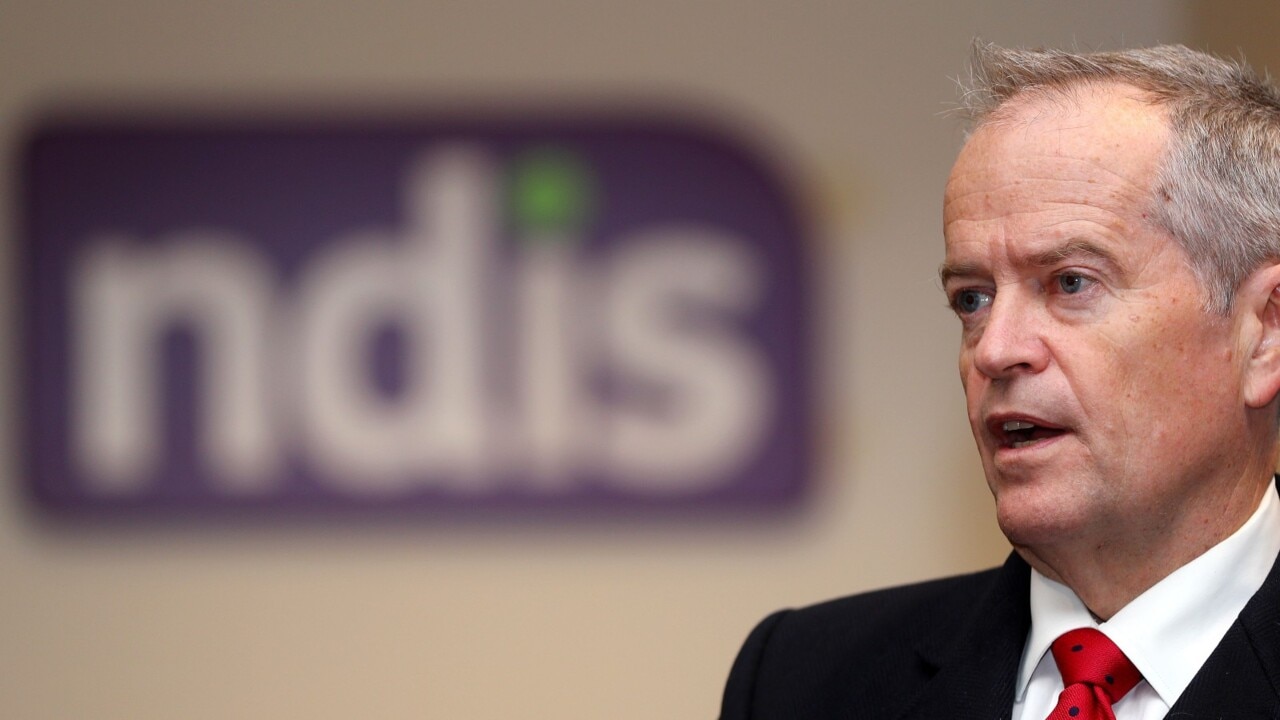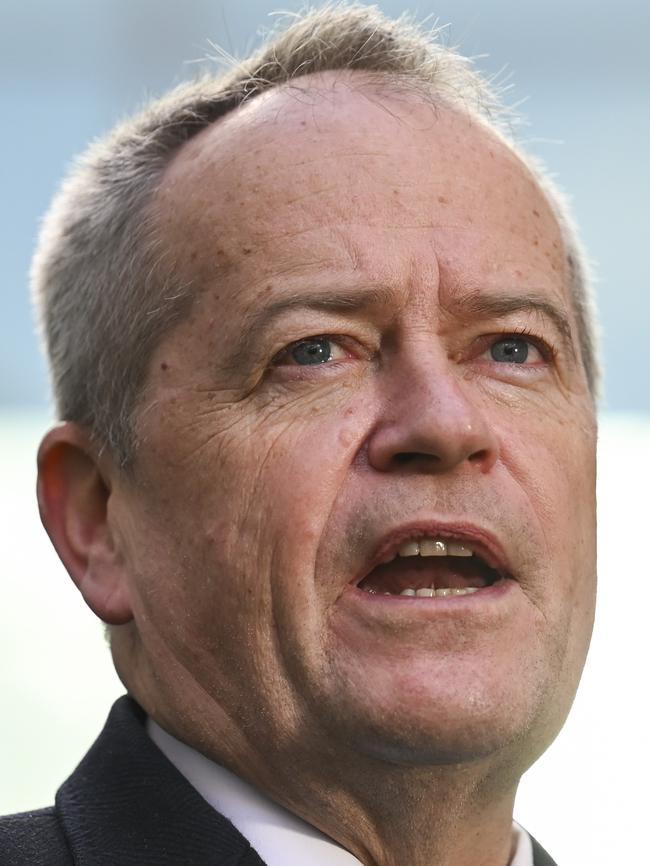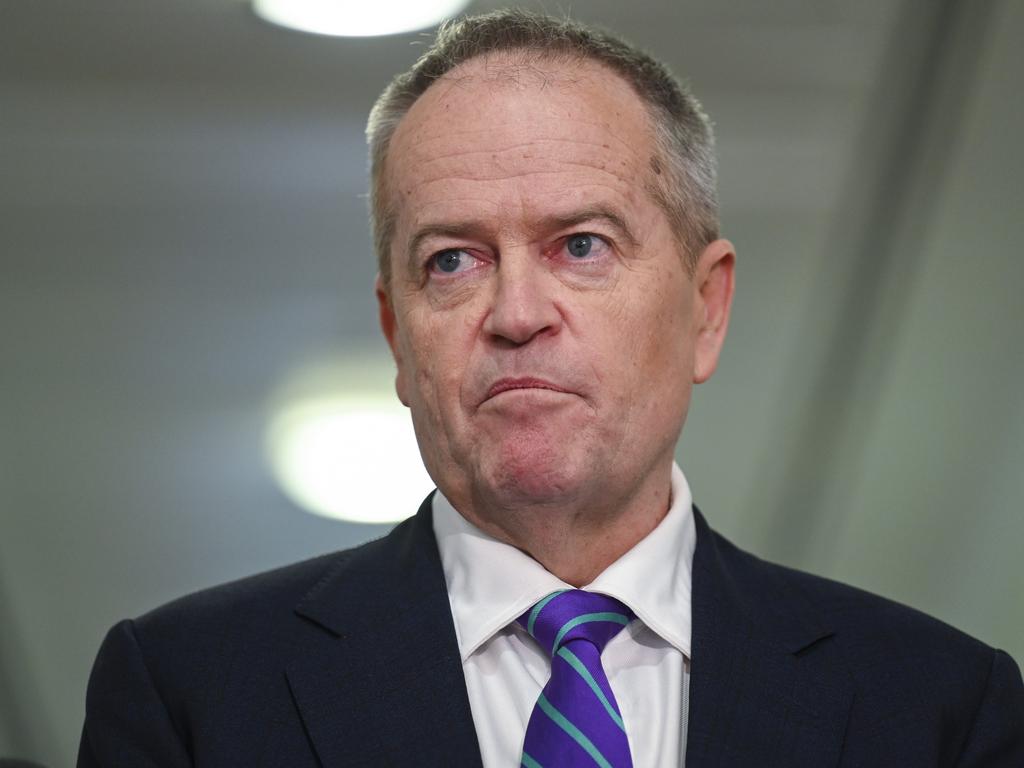Two thirds of disability providers to walk away from sector
The disability sector is facing a ‘mass exodus’ of providers after a pricing review decision that has left many organisations warning they will not remain financially viable.

Nearly three-quarters of care providers for disabled Australians are considering shutting their doors, as organisations working with the National Disability Insurance Scheme say a recent cap on price growth will leave their work financially unviable.
Ahead of a long-awaited government response to the five-year disability royal commission that called for a major shake-up of the sector and an end to the “segregation” of disabled Australians, a damning report by the National Disability Service revealed most surveyed providers had been sent into “absolute crisis mode” by the National Disability Insurance Agency’s decision to increase price limits by just 3.19 per cent.

According to the research by the NDS – the peak body for disability providers – 75 per cent of the 1200 small to large organisations surveyed were considering shutting their doors.
More than 80 per cent said the pricing review decision had forced them to “actively reconsider their future”, which could include limiting services or closing all together, because increase to price limits fell “well short” of what was needed to keep up with the rising costs of service delivery.
NDS policy and advocacy director Emily Forrest said the peak body had been “flooded with concerns” from disability organisations over their inability to keep delivering services following the price review.

“The 3.19 per cent increase … was just for some services. Not only does it really not cover the bare minimum of wage increases, it’s still a price freeze that has gone on for five years across some services,” she said.
“We know and others know from really comprehensive data that this falls far short of what organisations need just to keep the doors open after so many years of rising costs that are just not covered alongside no cost increases across a range of supports.”
Chief executive of NSW service provider PlayAbility Geoff Johnston said he was fearful for people with disabilities in the wide geographical area his organisation covered if they were forced to close down.
As a community-based provider, we work with some of the most vulnerable families that aren’t attractive to other providers,” he said.
“We are at risk of shutting our doors and if we do, no one will be there to support these people.”
Ms Forrest said the decision to remove the ability for providers to access high intensity payment for behavioural support was also catastrophic and needed to be reversed: “That will most affect organisations that support people with high and complex needs and challenging behaviour needs.
“The government is allowing a market of more than 150,000 unregistered providers to flourish while punishing quality providers, including those supporting the most vulnerable clients.”

NDIS Minister Bill Shorten said he understood “a range of businesses are doing it tough at the moment” and the NDIA was “working towards delivering a new pricing approach in 2025 that ensures the market is able to support the diverse needs of NDIS participants and the scheme’s ongoing sustainability”.
He noted the agency was working through “the unintended impacts” of changes to high intensity support payments and the pricing review was conducted independent of the government and in line with comprehensive research.
“Overall, the analysis shows NDIS price limits are broadly in line with other comparable schemes for most types of therapies,” he said. “The NDIS price limit is higher for a physiotherapist, dietitian, speech pathologist, podiatrist, occupational therapist, and social worker.”
The NDIS review, handed down at the end of last year, recommended mandatory registration of all providers, which Mr Shorten indicated he would pursue as part of a raft of reforms to the $42bn-a-year scheme.
Many disability advocates lashed the proposal, which they say limits participants’ “choice and control”, while a task-force commissioned by government advised the suggested change had “caused significant distress to the disability community”.








To join the conversation, please log in. Don't have an account? Register
Join the conversation, you are commenting as Logout